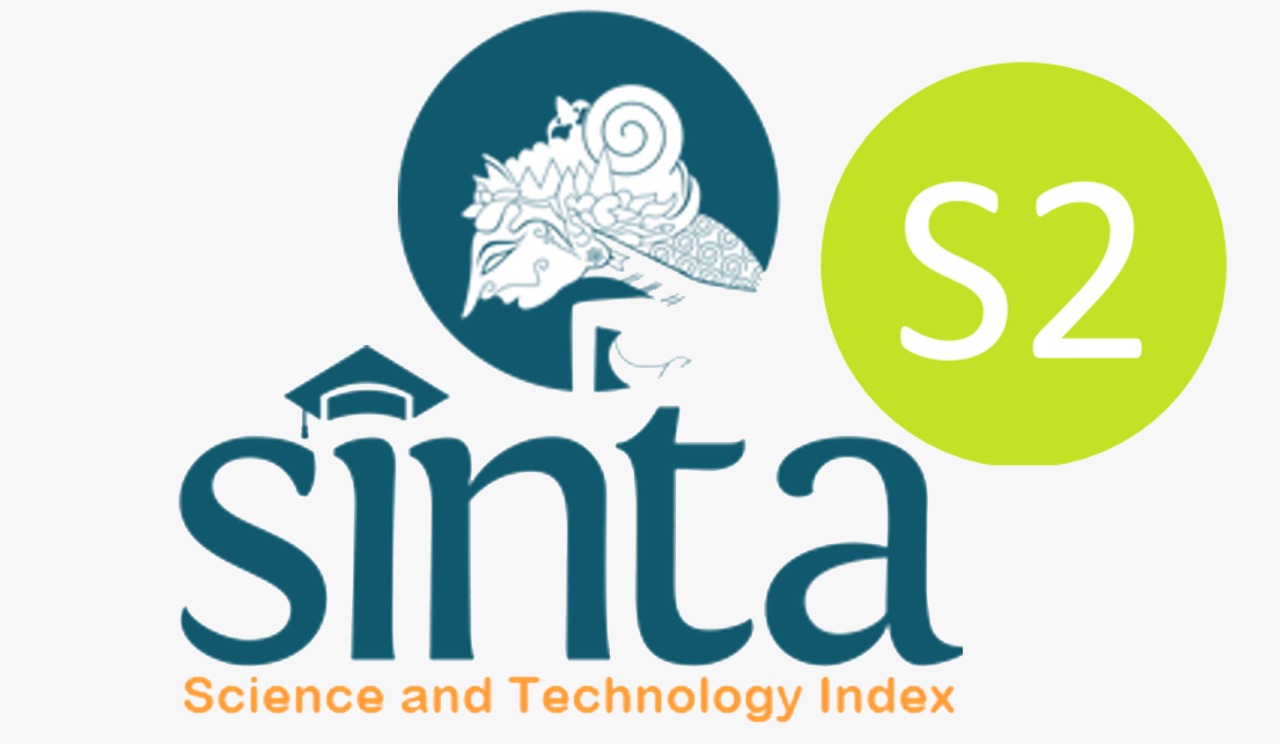EVALUATION OF GREEN MANUFACTURING IMPLEMENTATION ON REGULATION, COSTS, AND KNOWLEDGE
Downloads
Introduction: This study aims to analyze whether there is motivation of knowledge, regulations, and costs on the effect of the application of Green Manufacturing. Part of green manufacturing has been implemented. However, its implementation is not easy for various reasons and it has not a significant effect on the industrial world from several sectors. Methods: Data collection methods include questionnaires and interviews. This study uses primary data obtained through direct respondents. The statistical analysis tool in this study uses SPSS.
Results: Based on the results of data analysis and discussion, it shows that the knowledge variable has a positive effect on the motivation to implement green manufacturing. In addition, the second variable, namely regulation, also shows a positive effect on the motivation to implement green manufacturing. However, the third variable shows that costs have a negative effect on the motivation to implement green manufacturing.
Conclusion and suggestion: The results of the analysis prove that the tempe business motivation in Ngawi on implementing green manufacturing tends to be low. This requires synergy between the government and tempe entrepreneurs to applicate the green manufacturing. For the government, there is a need some socialization regarding the application of green manufacturing so that your knowledge of the application of green manufacturing will increase.
Burke, S., & Gaughran, W. F. (2007). Developing a framework for sustainability management in engineering SMEs. Robotics and Computer-Integrated Manufacturing, 23(6), 696–703. https://doi.org/10.1016/j.rcim.2007.02.001
Callenbach, E., Capra, F., Goldman, L., Lutz, R., & Hardback, S. M. (1993). EcoManagement: The Elmwood guide to ecological auditing and sustainable business. In Berrett-Koehler Publishers.
Chen, Y. (2013). Economic implications of reducing carbon emissions from energy use and industrial processes in Brazil. Journal of Environmental Management, 130, 436–446. https://doi.org/10.1016/j.jenvman.2013.08.049
Frondel, M., Horbach, J. and Rennings, K. (2007). End-of-pipe or cleaner production? An empirical comparison of environmental innovation decisions across OECD countries. Business Strategy and the Environment 16 ,8, 571 584.
Gomes, M. and Y. L. Shian (2012). Dr. Jegatheswaran Ratnasingam on Green Technology in Furniture Manufacturing. Furnish Now. Kuala Lumpur, Media MICE Pte. Ltd.
Hall, J. K., Daneke, G. A., & Lenox, M. J. (2010). Sustainable development and entrepreneurship: Past contributions and future directions. Journal of Business Venturing, 25(5), 439–448. https://doi.org/10.1016/j.jbusvent.2010.01.002
Hutomo, S. (2018). ANALISIS PENGARUH PERSEPSI PADA PRODUK MAKANAN ORGANIK TERHADAP NIAT UNTUK MELAKUKAN PEMBELIAN. Skripsi. http://awsassets.wwfnz.panda.org/downloads/earth_summit_2012_v3.pdf%0Ahttp://hdl.handle.net/10239/131%0Ahttps://www.uam.es/gruposinv/meva/publicaciones jesus/capitulos_espanyol_jesus/2005_motivacion para el aprendizaje Perspectiva alumnos.pdf%0Ahttps://www.re
Jovane, F., Koren, Y., & Boí«r, C. R. (2003). Present and future of flexible automation: Towards new paradigms. CIRP Annals - Manufacturing Technology, 52(2), 543–560. https://doi.org/10.1016/S0007-8506(07)60203-0
Lai, K. hung, & Wong, C. W. Y. (2012). Green logistics management and performance: Some empirical evidence from Chinese manufacturing exporters. Omega, 40(3), 267–282. https://doi.org/10.1016/j.omega.2011.07.002
Noci, G., & Verganti, R. (1999). Managing "green” product innovation in small firms. R and D Management, 29(1), 3–15. https://doi.org/10.1111/1467-9310.00112
Priyono, A. (2007). Pengaruh praktek green supply chain management terhadap kinerja perusahaan dengan peraturan pemerintah sebagai variabel moderasi. Jurnal Aplikasi Bisnis, 8(1), 1–12.
Ratnasingam, J., MacPherson, T. H., & Ioras, F. (2008). An assessment ofMalaysian wooden furnituremanufacturers' readiness to embrace chain ofcustody(COC) certification. Holz Roh Werkst, 66, 339–343. https://doi.org/10.1007/s00107-008-0255-3
Ratnasingam, Jegatheswaran, & Wagner, K. (2009). Green manufacturing practices among wooden furniture manufacturers in Malaysia. European Journal of Wood and Wood Products, 67(4), 485–486. https://doi.org/10.1007/s00107-009-0341-1
Rini, A. S., Sukaatmadja, I. P. G., & Giantari, I. G. A. K. (2017). Pengaruh Pengetahuan Lingkungan Dan Kepedulian Lingkungan Terhadap Sikap Dan Niat Beli Produk Hijau "the Body Shop” Di Kota Denpasar. E-Jurnal Ekonomi Dan Bisnis Universitas Udayana, 6(1), 137–166.
Rourke, T. W. O. (2005). Promoting School Health-An. 75(3).
Schmidheiny, S. (1992) Changing Course: A Global Business Perspective on Development and the Environment. MIT Press, Cambridge.
Soedarmadji, W., Surachman, S., & Siswanto, E. (2015). Penerapan Konsep Green Manufacturing Pada Botol Minuman Kemasan Plastik. Journal of Engineering and Management Industial System, 3(2), 76–81. https://doi.org/10.21776/ub.jemis.2015.003.02.3
Wang, L., & Lin, L. (2007). A methodological framework for the triple bottom line accounting and management of industry enterprises. International Journal of Production Research, 45(5), 1063–1088. https://doi.org/10.1080/00207540600635136
Wiengarten, F., Pagell, M., & Fynes, B. (2012). Supply chain environmental investments in dynamic industries: Comparing investment and performance differences with static industries. International Journal of Production Economics, 135(2), 541–551. https://doi.org/10.1016/j.ijpe.2011.03.011
Zhu, Q., & Sarkis, J. (2004). Relationships between operational practices and performance among early adopters of green supply chain management practices in Chinese manufacturing enterprises. Journal of Operations Management, 22(3), 265–289. https://doi.org/10.1016/j.jom.2004.01.005
The journal allows the author to hold the copyright of the article without restrictions.
The journal allows the author(s) to retain publishing rights without restrictions
The legal formal aspect of journal publication accessibility refers to Creative Commons Attribution Share-Alike (CC BY-SA).
Jurnal Ekonomi dan Bisnis Airlangga (JEBA) is licensed under a Creative Commons Attribution-ShareAlike 4.0 International License

















